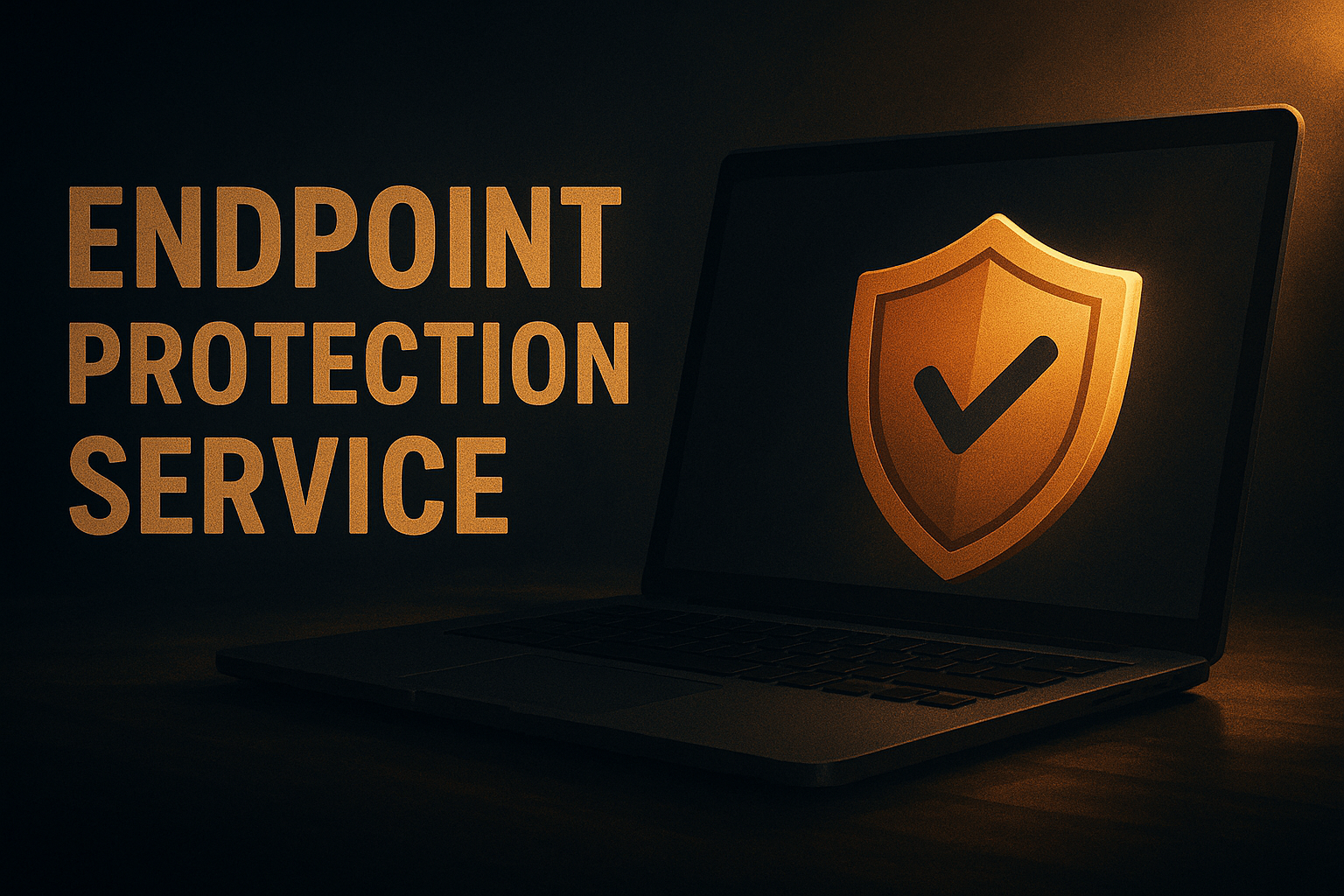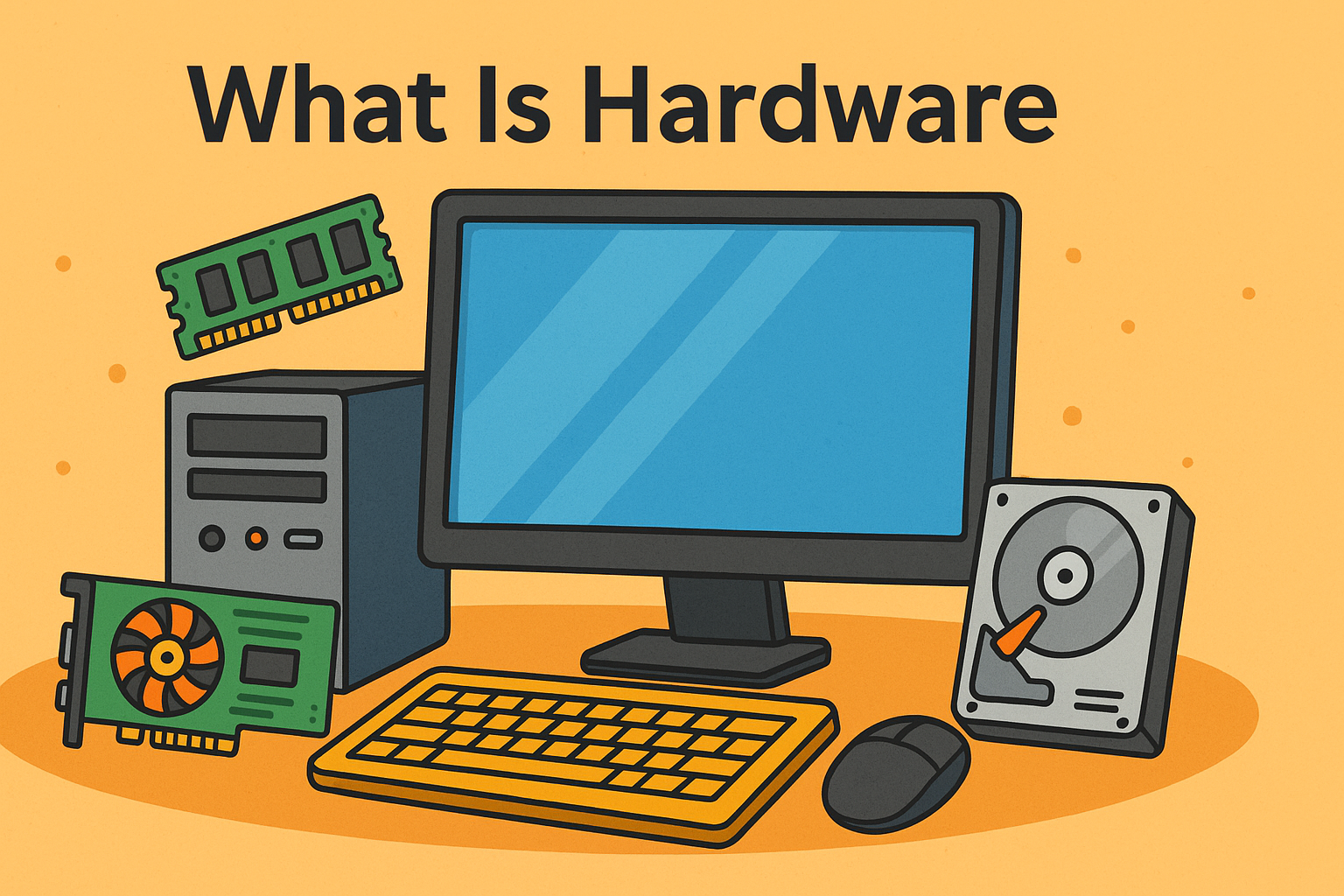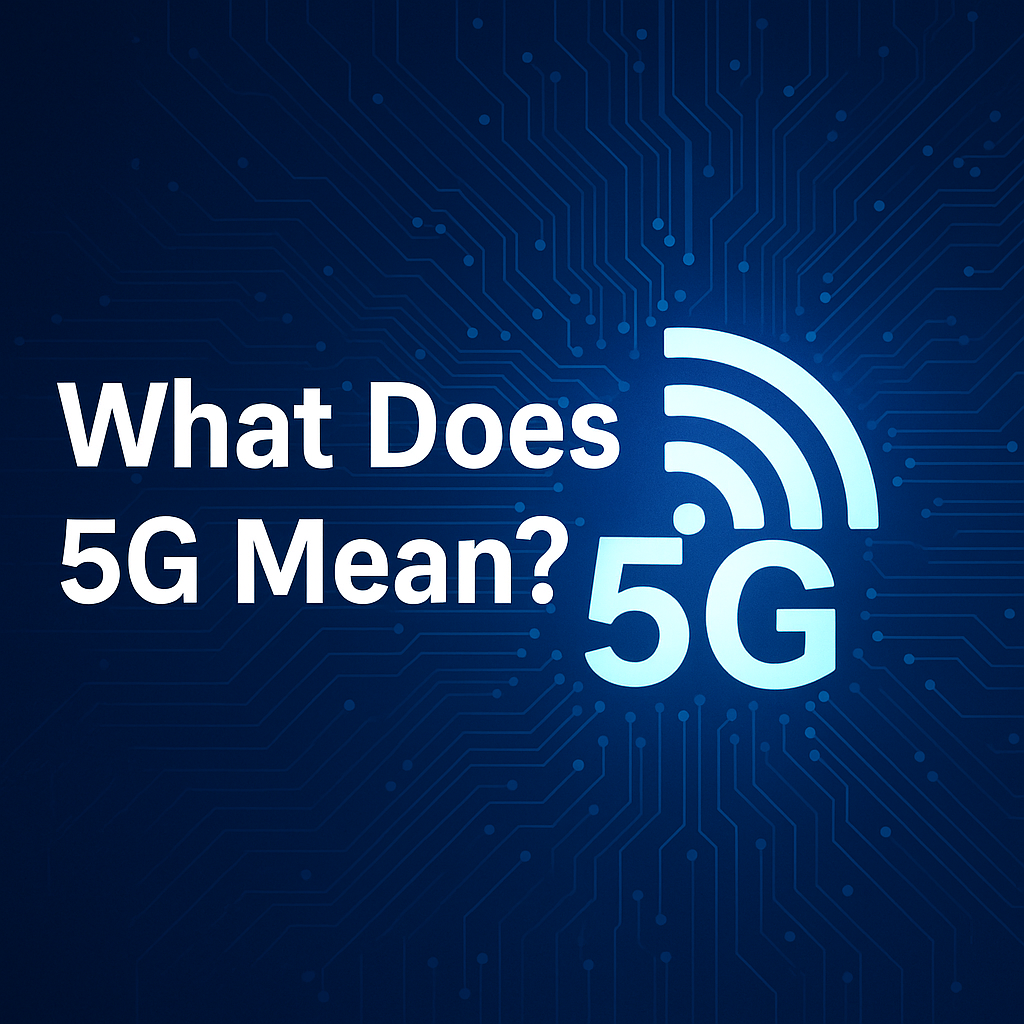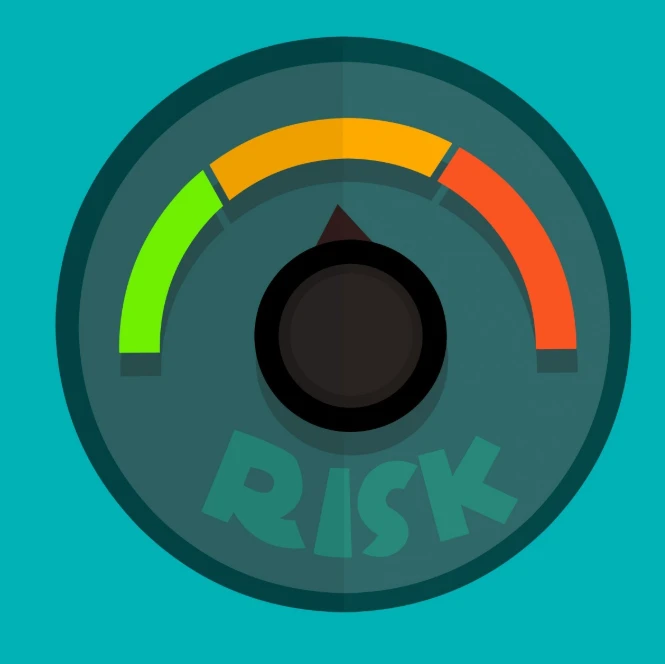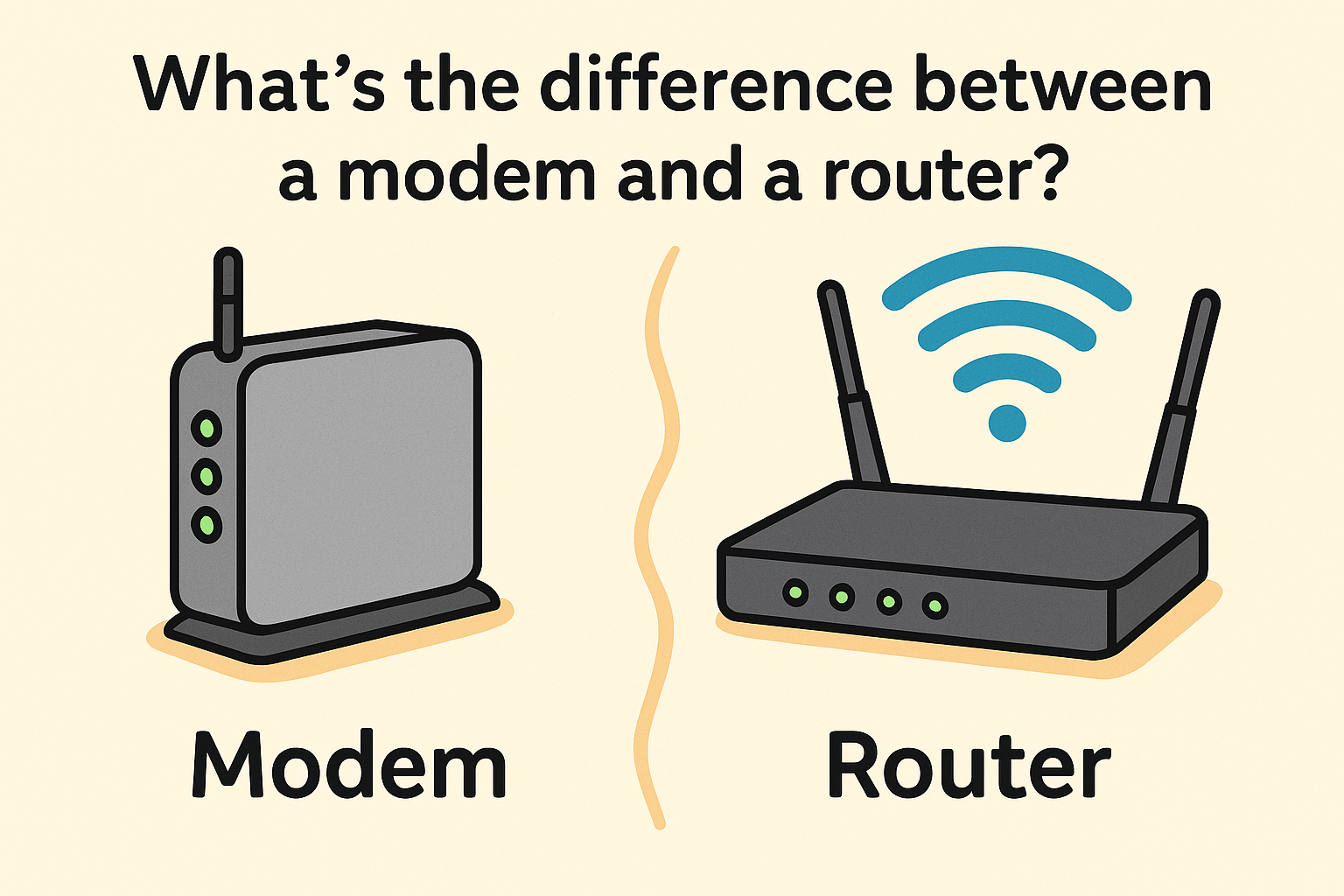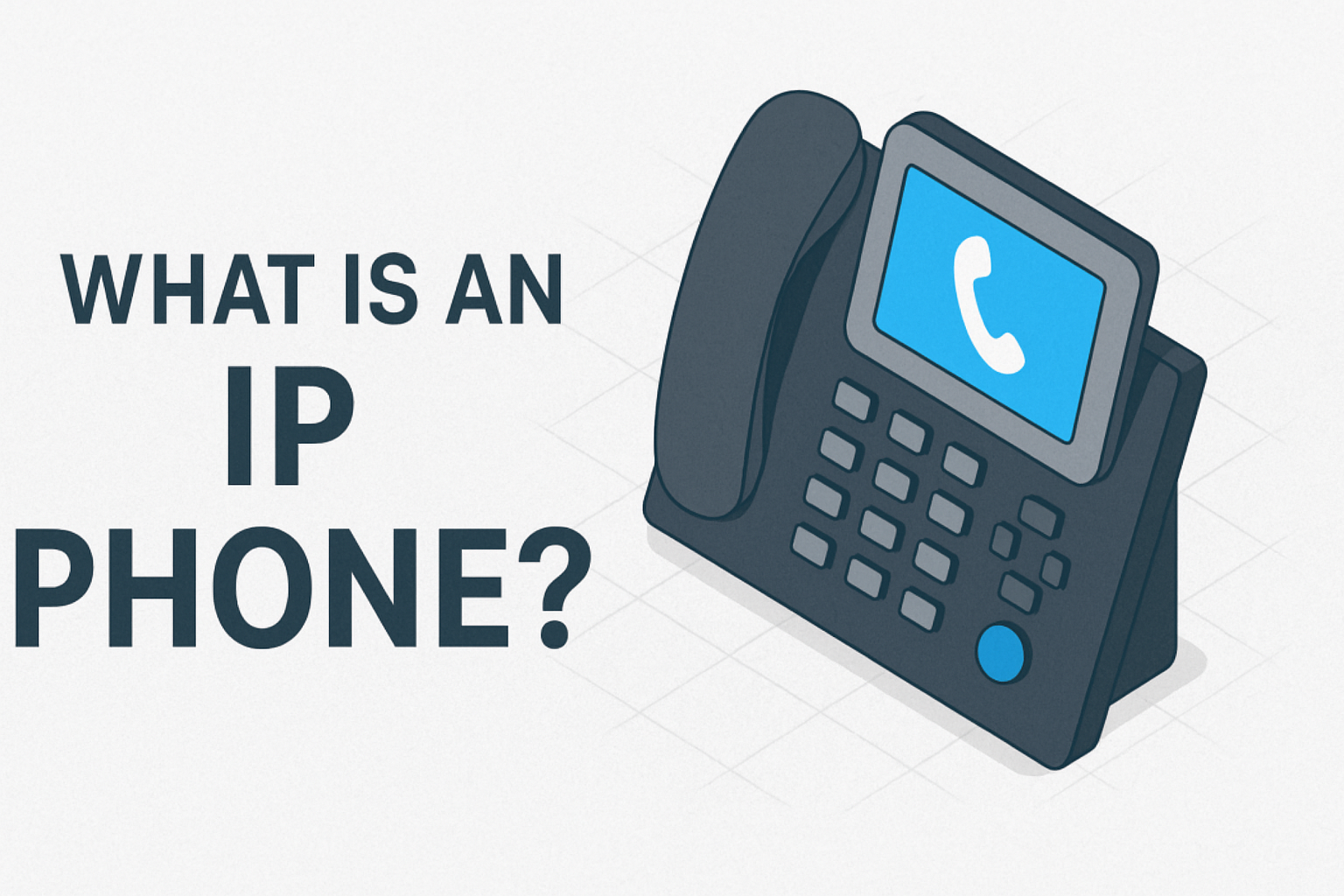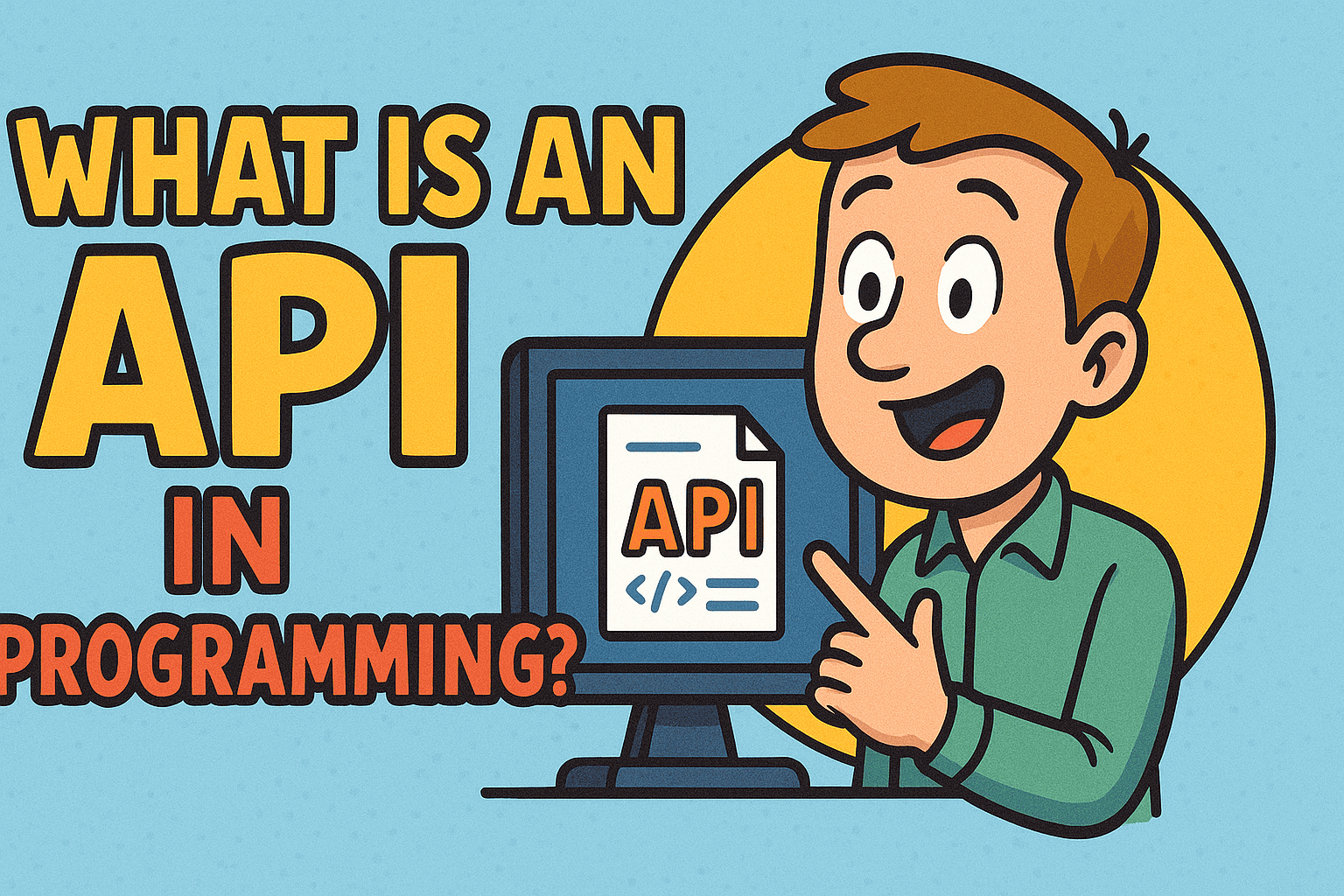Which is easier: Cybersecurity or Artificial Intelligence?
Updated on June 2, 2025, by Xcitium
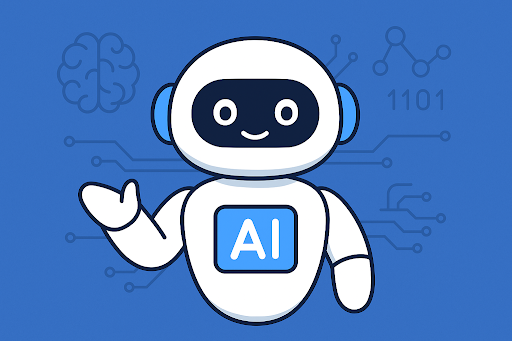
Are you torn between a career in Cybersecurity and Artificial Intelligence? You’re not alone. As two of the fastest-growing tech fields, both offer exciting challenges and immense rewards—but one may be easier to start depending on your background, interests, and goals. So, which is easy: cybersecurity or artificial intelligence? Let’s break it down.
Understanding the Core of Each Field
What is Cybersecurity?
Cybersecurity involves protecting systems, networks, and data from digital attacks. Professionals identify vulnerabilities, prevent threats, and respond to breaches.
Core areas include:
- Network Security
- Ethical Hacking
- Threat Intelligence
- Cryptography
What is Artificial Intelligence?
Artificial Intelligence (AI) focuses on creating systems that can simulate human reasoning and behavior. It includes machine learning, natural language processing, and computer vision.
Core areas include:
- Machine Learning
- Deep Learning
- Robotics
- AI Model Training
Which is Easy: Cybersecurity or Artificial Intelligence?
To answer this, we’ll look at several factors: learning curve, tools and technologies, required skills, job market, and career growth.
Learning Curve
Cybersecurity:
- Easier entry-level access with basic networking knowledge.
- Tools like Wireshark, Metasploit, and firewalls are beginner-friendly.
- Concepts are logical and system-oriented.
Artificial Intelligence:
- Requires strong foundation in math (linear algebra, calculus, statistics).
- Heavy emphasis on programming (Python, R) and data structures.
- Steeper learning curve due to algorithm complexity.
Winner (Ease of Learning): Cybersecurity
Required Skills
Cybersecurity Skills:
- Networking & system administration
- Familiarity with Linux & Windows
- Understanding of common attack vectors
- Certification paths (CompTIA Security+, CEH, CISSP)
AI Skills:
- Math & statistics proficiency
- Data modeling and analysis
- Python/Java proficiency
- Knowledge of TensorFlow, PyTorch, or Keras
Winner (Accessibility of Skills): Cybersecurity
Tools and Technologies
In Cybersecurity:
- Kali Linux, Snort, Burp Suite
- SIEM systems (e.g., Splunk)
- Endpoint Protection Platforms (e.g., Xcitium)
In AI:
- Jupyter Notebooks
- Deep Learning frameworks (e.g., TensorFlow)
- Massive datasets and GPU setups
Winner (Ease of Tool Usage): Cybersecurity
Job Market Demand
- Cybersecurity: Global shortage of 3.5 million professionals by 2025.
- AI: High demand but fewer entry-level positions—roles are often research-focused.
Winner (Entry-Level Opportunities): Cybersecurity
Career Growth & Salary
Cybersecurity:
- Roles: Security Analyst, Penetration Tester, CISO
- Salary Range: $70,000 – $180,000
AI:
- Roles: Data Scientist, ML Engineer, AI Researcher
- Salary Range: $90,000 – $200,000
Winner (Long-Term Earnings): Artificial Intelligence
Which Should You Choose?
Choose Cybersecurity If:
- You enjoy solving puzzles and securing systems.
- You prefer working in infrastructure and networks.
- You want quicker job entry.
Choose AI If:
- You love math and programming.
- You’re interested in research and data analysis.
- You’re aiming for long-term innovation-driven roles.
Bridging Both Worlds
Interestingly, you don’t always have to choose. AI is being integrated into cybersecurity for threat detection, behavioral analysis, and automated incident response. Tools like Xcitium’s Advanced Threat Protection now use AI to proactively stop breaches.
Final Thoughts
So, which is easy: cybersecurity or artificial intelligence? If you’re new to tech or want faster career entry, cybersecurity is easier to start. However, if you’re mathematically inclined and up for a challenge, AI offers rewarding innovation opportunities.
Still undecided? Why not explore both?
👉 Request a Demo Today to see how AI enhances cybersecurity in real-time.
FAQs: Cybersecurity vs Artificial Intelligence
1. Is cybersecurity easier than artificial intelligence?
Yes, cybersecurity has a lower barrier to entry with simpler tools and more structured learning paths.
2. Can I switch from cybersecurity to AI later?
Absolutely. Many professionals transition once they gain experience, especially with AI-powered security tools.
3. Which field pays more—AI or Cybersecurity?
AI generally has higher earning potential, especially in advanced roles like ML Engineering or AI Research.
4. Are there coding jobs in cybersecurity?
Yes, especially in roles like security automation and ethical hacking. Python and Bash are commonly used.
5. How is AI used in cybersecurity?
AI is used for real-time threat detection, anomaly analysis, and automating incident response.



